With EPR technology, users can expand their analytical capabilities. The Bruker Magnettech ESR5000 provides both academic and industrial laboratories with X-band research grade sensitivity plus a wide field range, all in a compact and easy-to-install benchtop solution.
High Performance
Compact Design
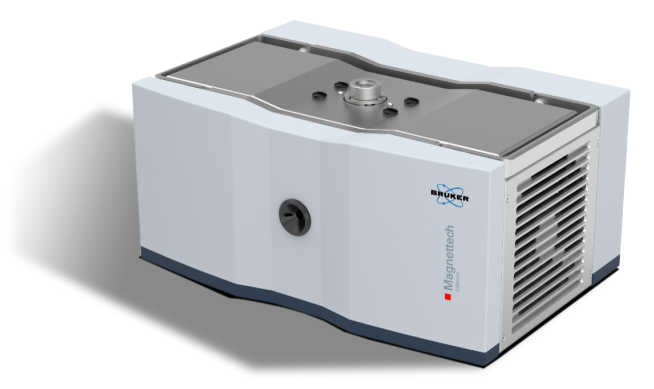
Image Credit: Bruker BioSpin - NMR, EPR and Imaging
Highlights
- 45 kg: The spectrometer has a weight of only 45 kg and a 39.7×26.2×19.2 cm3 footprint
- 6500 G: Sweep width of 6500 G at X-band operating frequency
- Versatile Options: Temperature controller, autosampler, goniometer, and more
Benefits
- User-friendly ESRStudio software
- Unique and far-reaching
- Low cost of ownership
- Superior sensitivity and stability
- Versatile and nondestructive
- Minimal infrastructure requirement
- Routine ease of use with unmatched performance
- Suitable for a comprehensive range of applications
Applications
EPR in Chemistry
EPR spectroscopy facilitates the investigation of metal centers, organic and inorganic radicals across a spectrum of chemical disciplines, including coordination chemistry, metalloorganic compounds, electrochemistry, redox processes, kinetics featuring radical intermediates, photochemistry, and catalysis.
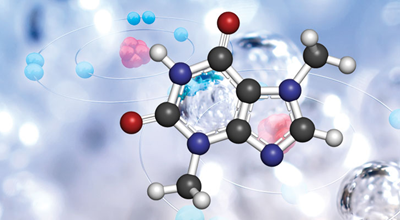
Image Credit: Bruker BioSpin - NMR, EPR and Imaging
EPR in Material Science and Physics
There are many topics of interest within the areas of physics and material science. EPR serves as a valuable tool for delving into various facets such as polymer synthesis and degradation, analyzing paint properties, assessing the purity and stability of photovoltaics, semiconductors, and batteries, and scrutinizing carbon nanotubes. Furthermore, EPR helps the user gather information on the coordination environment of transition metals, rare-earth, and actinide ions.
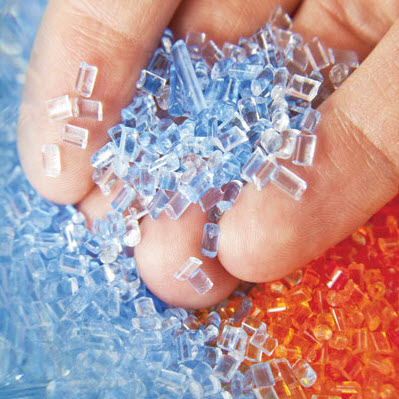
Image Credit: Bruker BioSpin - NMR, EPR and Imaging
EPR in Life Science
EPR is a significant tool in the field of life sciences, providing insight into the structure, function and reaction mechanisms of enzymes, membrane proteins, RNA/DNA. It can also be used to characterize/screen DNP agents. Moreover, using spin-labeled biomacromolecules, users can study their structure and dynamics. EPR detects and quantifies reactive oxygen and nitrogen species (ROS/RNS), including nitric oxide.
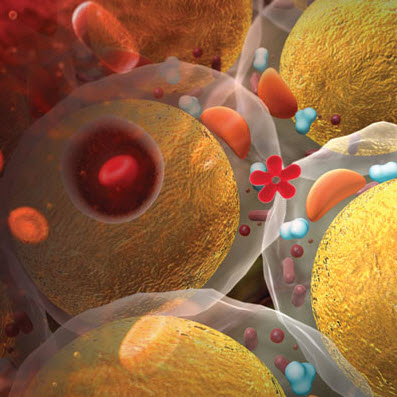
Image Credit: Bruker BioSpin - NMR, EPR and Imaging
EPR in Pharma
EPR spectroscopy is an invaluable tool within the field of pharmaceutical analysis, including in the detection and evaluation of degradation, stability and shelf-life, reaction monitoring, sterilization processes and profiling of paramagnetic impurities.

Image Credit: Bruker BioSpin - NMR, EPR and Imaging
EPR in Industry
EPR is used in industrial settings to analyze a wide range of product properties, including the oxidative stability and antioxidant capacity of foods and beverages, the determination of radiation dosage, the effects of post-irradiation on products, the failure rates of polymers, and the quality of diamonds.

Image Credit: Bruker BioSpin - NMR, EPR and Imaging
ESR Analysis of Asphaltene and Vanadium in Crude Oil Can Determine its Quality
Currently, crude oil accounts for about one-third of global energy production. The chemical makeup of oil determines its quality and has an impact on processing, performance, and price on the market. Monitoring oil conditions both qualitatively and quantitatively is therefore crucial.

Image Credit: Bruker BioSpin - NMR, EPR and Imaging
Developing the Next Generation of Lithium Ion Battery
Modern portable electronic devices are largely dependent on Lithium-ion batteries due to their deep charge cycles, lightweight, and high energy density.

Image Credit: Bruker BioSpin - NMR, EPR and Imaging
Using EPR for Analysis of Metallic Lithium Microstructure
EPR is especially useful, in addition to NMR, for identifying the intended structural alteration in a metallic lithium microstructure.

Image Credit: Bruker BioSpin - NMR, EPR and Imaging
EPR Spectra Demonstrates Radiation Exposure on Mobile Phone Glass
Both the radiation-induced and background EPR signals are resistant to water and mechanical stress (crushing and cutting).

Image Credit: Bruker BioSpin - NMR, EPR and Imaging
Quantifying the Radical Scavenging Activity of Tea
Electron paramagnetic resonance spectroscopy and the spin trap method were used to determine that the antioxidant activity of the catechins in white tea is significantly higher than that of ferulic acid.

Image Credit: Bruker BioSpin - NMR, EPR and Imaging
Evaluating Health Implications of Atmospheric Particulate Matter
ROS can also be released by the inhalation and deposition of SOA and mineral dust, which may exacerbate oxidative stress.

Image Credit: Bruker BioSpin - NMR, EPR and Imaging
Alanine Dosimetry System
A comprehensive alanine-EPR dosimetry system, the Magnettech ESR5000 can be used as an internal alanine reference dosimetry system or for routine dosimetry in industrial irradiation facilities.
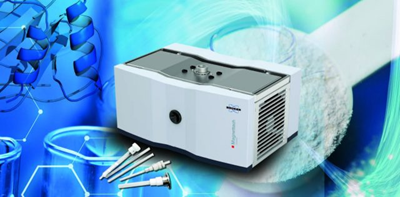
Image Credit: Bruker BioSpin - NMR, EPR and Imaging
-
Highest Quality Measurements: Compared to other bench-top EPR spectrometers, the Magnettech ESR5000 device offers a stronger measurement response signal and higher measurement sensitivity.
-
Cuts Measurement Time in Half: Measurement times are cut in half with the Magnettech ESR5000 EPR system, from 40 seconds to 10 seconds or less.
-
Reliability: With solid-state technology, the new EPR spectrometer provides a more rugged industrial instrument for higher reliability and uptime > 99 %.
-
Flexibility: Accommodates a wide variety of commercially available alanine dosimeters with specialized holders.
-
Remote Accessibility: IP based system enables remote operation and technical support from anywhere in the world.
Specifications
Source: Bruker BioSpin - NMR, EPR and Imaging
| . |
. |
| Operating frequency |
X-band |
|
| Sensitivity |
5x1010 spins/mT (5x109 spins/G) |
|
| Weak pitch signal-to-noise ratio |
600 : 1 |
|
| Microwave power |
1 μW – 100 mW |
|
| Concentration sensitivity |
20 pM |
|
| Field homogeneity |
± 5 μT (50 mG) within sample region |
|
| Field stability |
1.0 μT/h (10 mG/h) |
|
| Magnetic field range |
-10 to 650 mT (-100 to 6500 G) |
|
| Modulation frequency |
10 kHz and 100 kHz |
|
| Option |
analog signal output |
Accessories
Flat Cell
Maximize sensitivity for samples in water or other polar solvents. To ensure consistent sample positioning and avoid breakage, a unique holder is supplied.
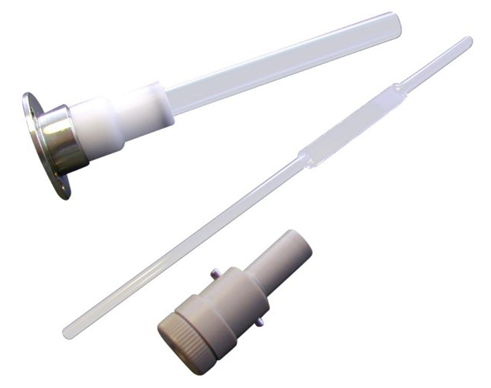
Image Credit: Bruker BioSpin - NMR, EPR and Imaging
Variable Temperature Unit
The sample is heated and cooled between 93 and 473 K using liquid or gaseous nitrogen in the nitrogen variable temperature unit. Nitrogen is used by the small, digital temperature control system to provide stable, safe temperature control.
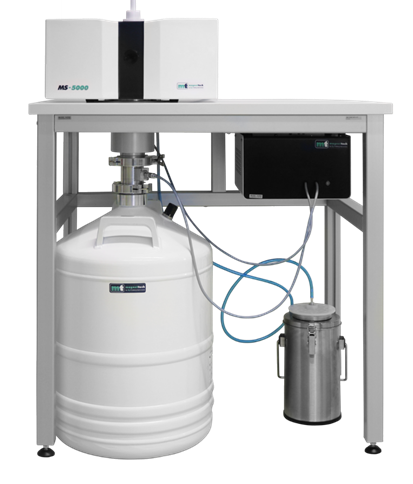
Image Credit: Bruker BioSpin - NMR, EPR and Imaging
Autosampler
Up to 26 samples can be handled automatically in quartz tubes with a diameter of 3–6 mm. The resonator’s height can be precisely adjusted for maximum repeatability.
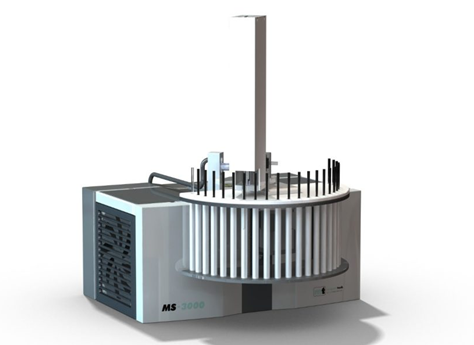
Image Credit: Bruker BioSpin - NMR, EPR and Imaging
Bio Temperature Controller
Utilized to continuously maintain biological and biochemical samples in environments with high metabolic activity. Range of temperatures: 295–333 K.
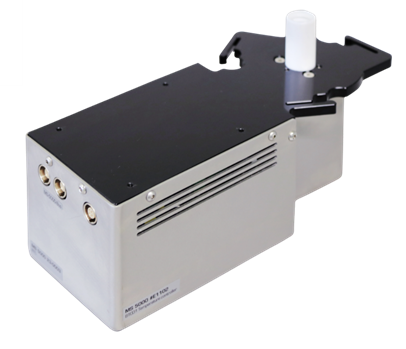
Image Credit: Bruker BioSpin - NMR, EPR and Imaging
Automated Goniometer
Fully automated angular rotation is performed, with steps ranging from 0.1 to 180 degrees. The spectrometer is automatically readjusted before each measurement.
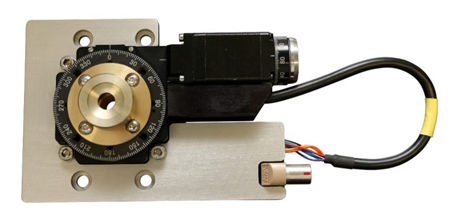
Image Credit: Bruker BioSpin - NMR, EPR and Imaging
Rack for Horizontal Orientation
Specialized horizontally oriented mounting suitable for viscous media, tissues, and cell suspensions.
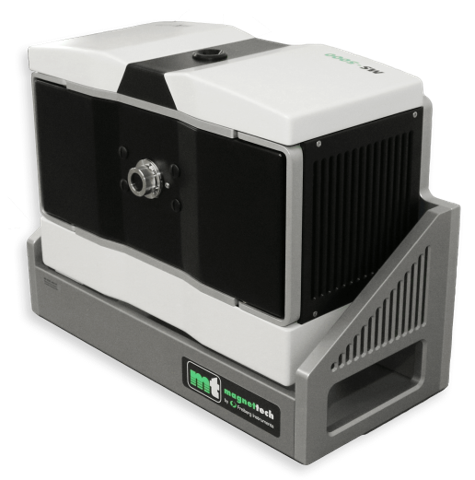
Image Credit: Bruker BioSpin - NMR, EPR and Imaging
UV-Vis Irradiation System
This accessory is perfectly suited for the study of photochemical radical reactions and the photophysical generation of excited paramagnetic states. It is also designed to facilitate kinetic experiments. It features a high-power LED, a holder for accurate placement, an integrated light source for sample irradiation, and a light intensity that can be changed from 100% to 0%.
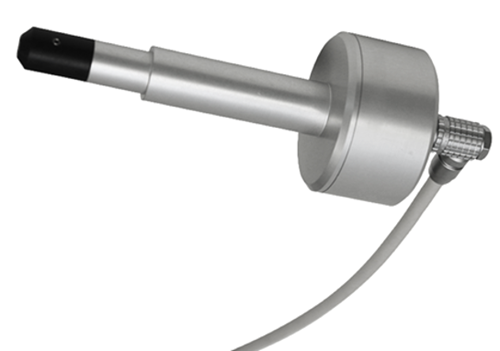
Image Credit: Bruker BioSpin - NMR, EPR and Imaging
Tissue Cell
Used to examine plant tissues, conducting foils, skin slices, organ slices, pastes, and emulsions.
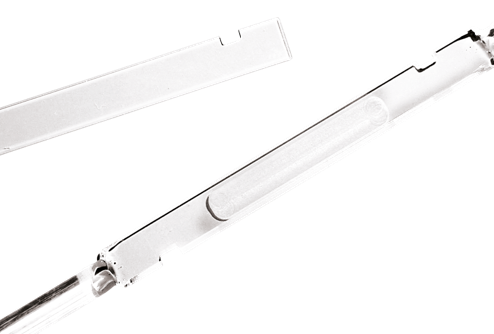
Image Credit: Bruker BioSpin - NMR, EPR and Imaging
Finger Dewar
For sample cooling at a constant temperature of 77 K. Maximum volume of iquid N2 is 50 mL; maximum storage time: 2 hours

Image Credit: Bruker BioSpin - NMR, EPR and Imaging
Software
ESR Studio Software
ESRStudio offers an advanced yet intuitive platform for data acquisition and processing, boasting a contemporary and smooth workflow-based user interface that enhances user experience and efficiency.
Key Features
- Automated lab report generation
- Remote access - Access the EPR spectrometer from anywhere in the world via the internet
- Workflow for automated spectrum evaluation
- User/application-based customization
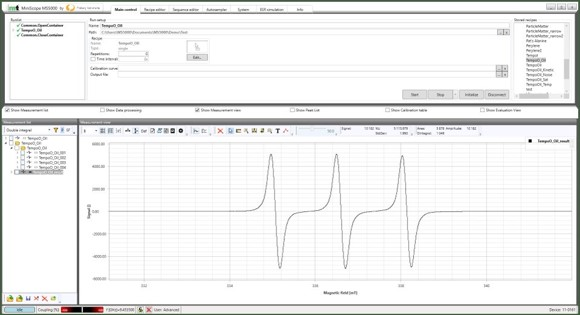
Software ESRStudio. Image Credit: Bruker BioSpin - NMR, EPR and Imaging